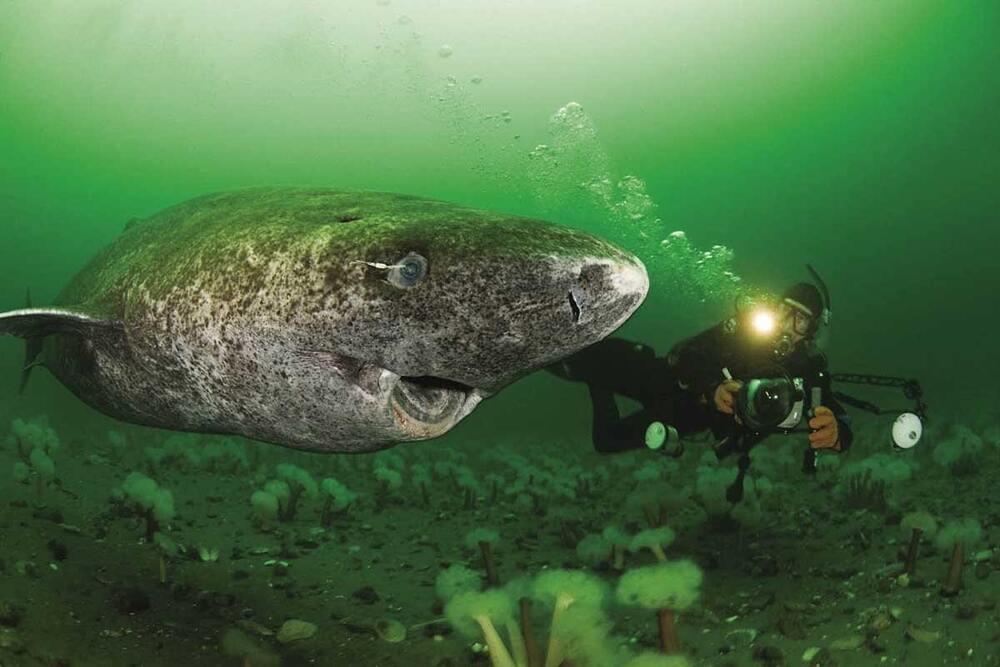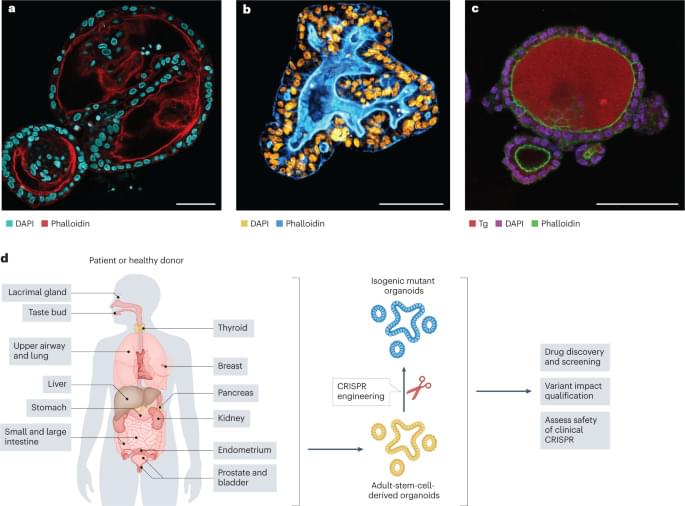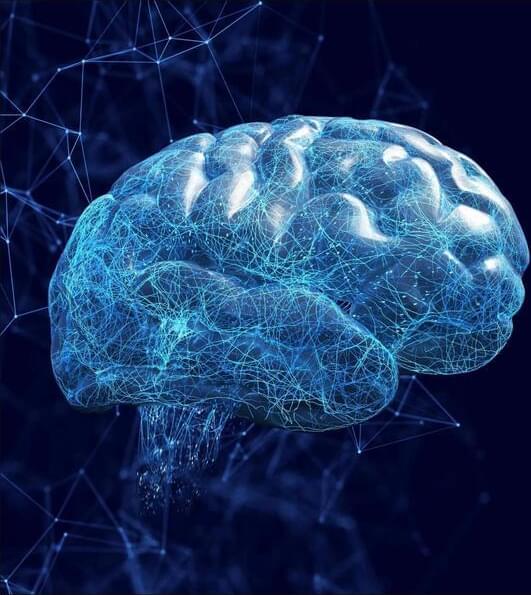
If there’s one phrase the June 2024 U.S. presidential debate may entirely eliminate from the English vocabulary it’s that age is a meaningless number. Often attributed to boxer Muhammad Ali, who grudgingly retired at age 39, this centuries-old idea has had far-reaching consequences in global politics, as life expectancy more than doubled since the start of the 20th century, and presidents’ ages shifted upwards. We say “age is what we make of it” to ourselves and to policymakers, and think it’s a harmless way to dignify the aged. But how true is it? And if it isn’t true, why would we lie?
For centuries, we have confused our narrative of what aging should be with what its ruthless biology is. Yet pretending that biological age does not matter is at best myopic, and at worst, it’s a dangerous story to our governments, families, and economies. In just 11 years — between 2018 and 2029 — U.S. spending on Social Security and Medicare will more than double, from $1.3 trillion to $2.7 trillion per year. As we age, our odds of getting sick and dying by basically anything go up exponentially. If smoking increases our chances of getting cancer by a factor of 15, aging does so 100-fold. At age 65, less than 5% of people are diagnosed with Alzheimer’s. Beyond age 85, nearly half the population has some form of dementia. Biological aging is the biggest risk factor for most chronic diseases; it’s a neglected factor in global pandemics; and it even plays a role in rare diseases.
This explains why in hospitals, if there’s one marker next to a patient’s name, it’s their age. How many birthday candles we have blown out is an archaic surrogate marker of biological aging. Yet it’s the best we have. Chronological age is so telling of overall health that physicians everywhere rely on it for life-or-death decisions, from evaluating the risks of cancer screening to rationing hospital beds.


















